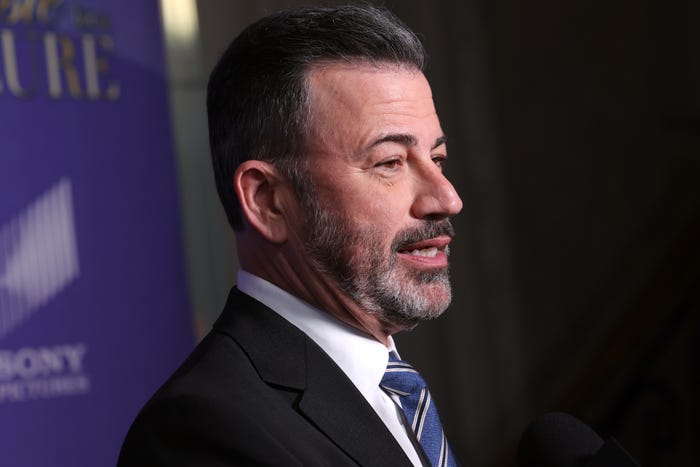Mother Buys Vapes to Control Teens’ Addiction

LONDON – In a controversial move to manage her children’s vaping addiction, a mother has resorted to buying vapes for her teenagers. Emma, who has requested anonymity for her family, is taking an unconventional approach to control the nicotine intake of her two teenage children. Despite her reservations, she believes this strategy is the only way to ensure their safety.
Immediate Impact of Vaping on Youth
Emma’s decision comes after discovering her son’s secret vaping habits, which began during primary school. By high school, his denials no longer convinced her. “It went against every bone in my body to do that, but they’re addicted,” Emma explained, highlighting the complexity of the situation.
Health Concerns Prompt Action
Emma’s son experienced severe health issues, including breathlessness and tonsillitis, prompting a call to emergency services. Paramedics linked these symptoms to excessive vaping, urging him to quit or at least reduce his usage.
“The paramedics said the incessant vaping could be causing this,” Emma shared. “They told him to try and stop, or at the very least cut down.”
In response, Emma chose to buy vapes herself, reducing the nicotine level from 20mg to 10mg and ensuring the products were from reputable sources.
Legal and Ethical Dilemmas
Emma acknowledges the legal implications of her actions, as it is illegal to purchase vapes for minors. However, she believes her proactive approach has lowered her son’s nicotine consumption, aided by open conversations about the issue.
Disposable Vape Ban’s Limited Effect
The recent ban on disposable vapes, intended to curb youth vaping, has had minimal impact on her children’s habits. Despite the ban, some rechargeable vapes continue to target young consumers with enticing features.
Kate Pike from the Chartered Trading Standards Institute noted, “We are finding compliant products – vapes that are refillable and rechargeable – with packs of stickers in them.”
Pike expressed concerns over the difficulty in distinguishing between illegal disposables and legal refillable vapes, complicating enforcement efforts.
Expert Analysis from Health Professionals
At Alder Hey Children’s Hospital in Liverpool, Professor Rachel Isba leads the UK’s first NHS vaping clinic for children. She urges parents not to blame themselves, recognizing the powerful influence of the vaping industry.
“The important thing is not to judge your child; the world our young people live in is a difficult place to grow up in,” Prof Isba stated.
Her clinic offers support to young vapers through nicotine replacement therapies and discussions about the impacts of vaping on their lives.
Growing Concerns Over Vaping as a Gateway
Parents like Dan from Twickenham echo concerns that vaping could lead to further substance abuse. His personal experience with his sons highlights the potential for vaping to act as a gateway to more dangerous habits.
“Vaping is a gateway drug,” Dan said. “They become addicted to nicotine and then harder stuff follows.”
What Comes Next for Youth Vaping
As the government continues to address vaping among minors, experts call for expanded pediatric addiction services across the NHS. The issue extends beyond individual clinics, raising alarms about the long-term implications of youth vaping.
Efforts to regulate the industry and protect young people from nicotine addiction remain ongoing. Stakeholders emphasize the need for comprehensive strategies that address both prevention and treatment.
Emma’s story sheds light on the challenges parents face in navigating their children’s addiction, highlighting the need for continued dialogue and action in tackling this growing public health concern.






